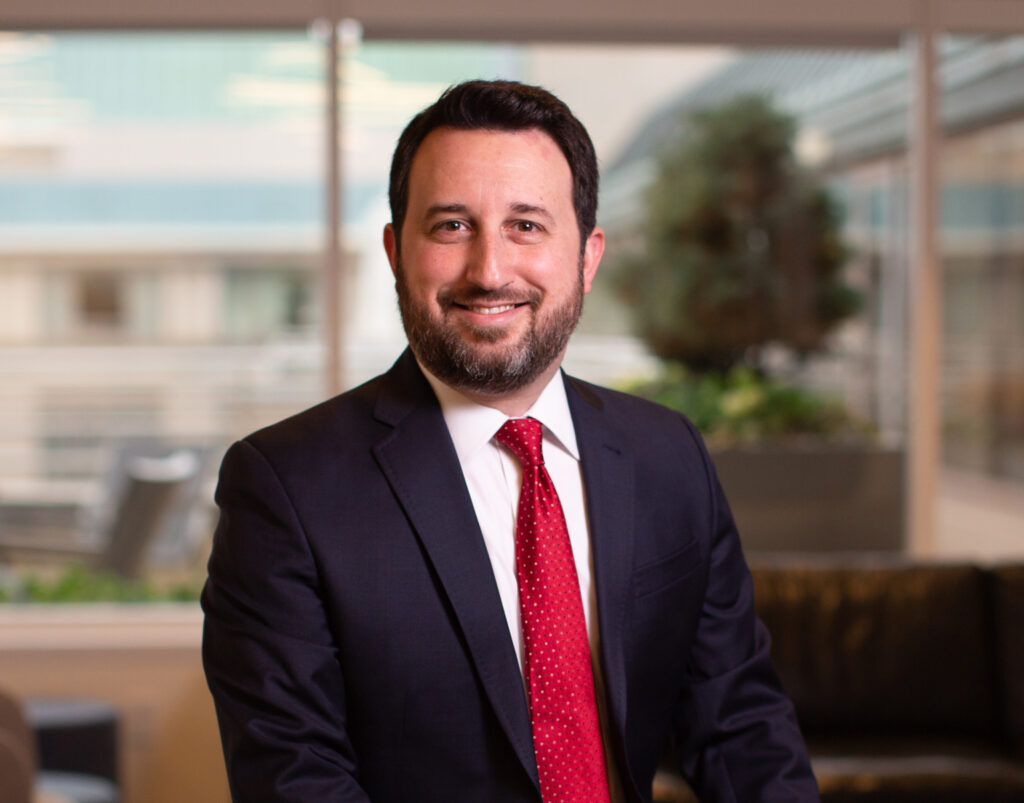We are often asked by clients to compare the claims practices of leading insurance carriers, which often leads to a conversation about Lloyd’s of London’s current insurance claim resolution practices.

A lot has changed since Lloyd’s of London earned its reputation in the United States 113 years ago. The Great San Francisco earthquake of 1906 presented a pivotal opportunity for Lloyd’s of London to show the United States that they were different and better than traditional U.S. insurance companies. Their approach then was to bring suitcases of cash, and pay policyholders on the spot, in full, irrespective of policy language. This aggressive stance helped to build a reputation for Lloyd’s of London, and U.S. policyholders purchased a lot of insurance from them because of this reputation.
Today, 113 years later, Lloyd’s approach to insurance claim resolution is dramatically different. Now, when a claim is made, it is difficult or impossible to find anyone who can speak for Lloyd’s, let alone any individual who can settle a claim. Lloyd’s employs lawyers as adjusters, and, as a result, many claims are unjustly viewed with skepticism. This approach has earned Lloyd’s of London the opposite reputation amongst corporate policyholders to positive reputation they justly earned 113 years ago.
Lloyd’s of London can turn this around, but to do so, they need to go back to their earlier approach of paying claims. If they do this, the growth in sales they desperately desire will follow, and the reputation of the institution will be saved.
Please watch the video to learn more, or Contact us if you have any questions.
We have included a transcript of the video below:
Lloyd’s of London. Then and Now
Lloyd’s, then and now. Sometimes it’s good to contemplate where Lloyd’s of London came from and where they are now. The seminal moment in making Lloyd’s of London, at least in the U.S., was an earthquake. 5:13 AM, April 18th, 1906. Seventh largest city in the U.S. was burned to the ground and crumbled from an earthquake. So that was the San Francisco earthquake, and what Lloyd’s did, and there’s a very good quote, and I’m going to read it, and this is one of the leading underwriters at Lloyd’s. He said, “Pay all policyholders in full, irrespectable of the language in their policies.”
So, you think about that; pay everyone in full, irrespective of policy language. That was a pretty good thing. The sort of word on the street is that Lloyd’s came to San Francisco with briefcases and suitcases of cash, and they gave out that cash to business owners, and they settled their claims, and they helped get the city up and running very quickly.
It was really a good thing. It was a great thing for San Francisco, and it was a great thing for Lloyd’s because what it did is it made people think. Until then, it was, “Well, Lloyd’s of London, who are they? They’re across the sea. They’re in Great Britain and England, and we’re not going to buy from them because we have local people that we can buy from.” Well, it sort of changed that and it made a statement in the U.S., where U.S. policyholders, businesses started buying from Lloyd’s of London and they bought a lot of insurance from Lloyd’s of London.
Let’s think about that time, 1906, when claims were being paid in full, irrespective of policy language. The interesting thing is, it says on Lloyd’s website that this is still the way they do things. It’s not the way they do things, so let’s compare and contrast. At one point in time, Lloyd’s was giving out money, pushing things forward, making things happen, and doing the right thing.
Today, what we’re seeing with Lloyd’s is we’re seeing, if a business has a claim, and I’m talking like a large corporate claim, what’ll happen is it’ll go to a lawyer, a U.S. lawyer, and that U.S. lawyer will look things over. They’ll look over the policy, they’ll try to come with ways to deny the claim, or to at least limit coverage so that the claim is not paid in full. That’s a very big difference from what Lloyd’s was in 1906, and it’s one of the reasons why U.S. policyholders are becoming more skeptical of Lloyd’s.



